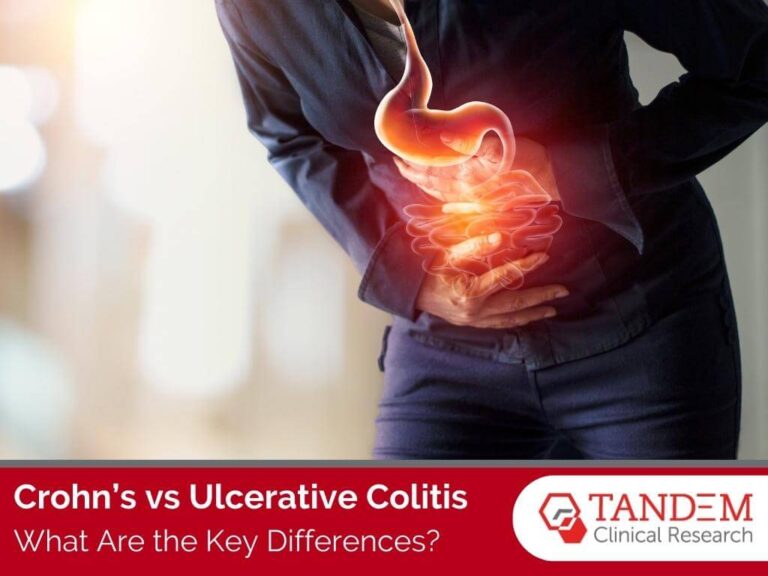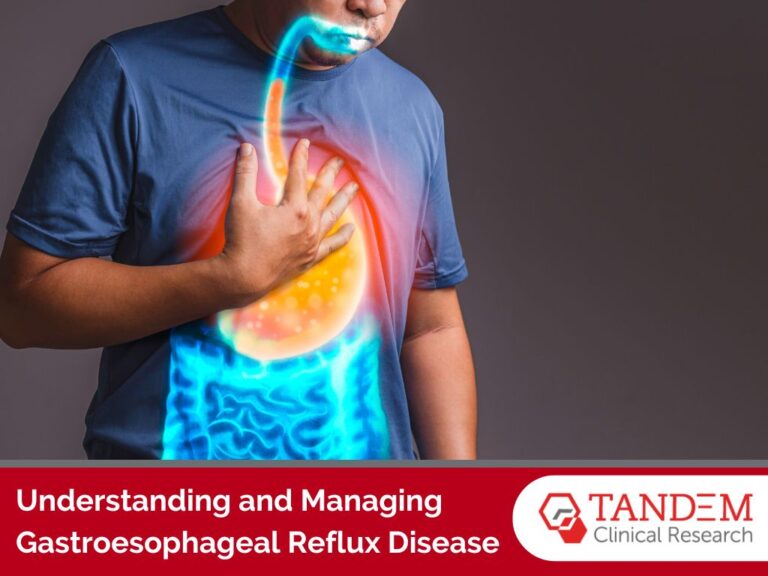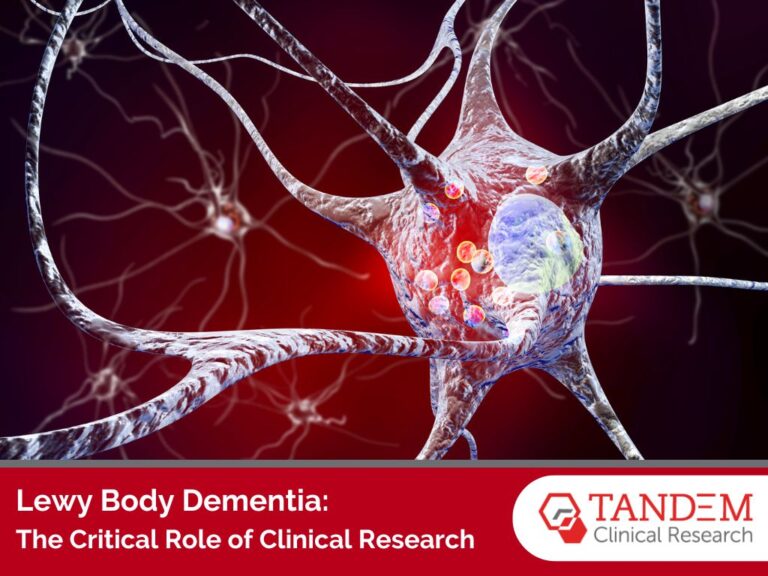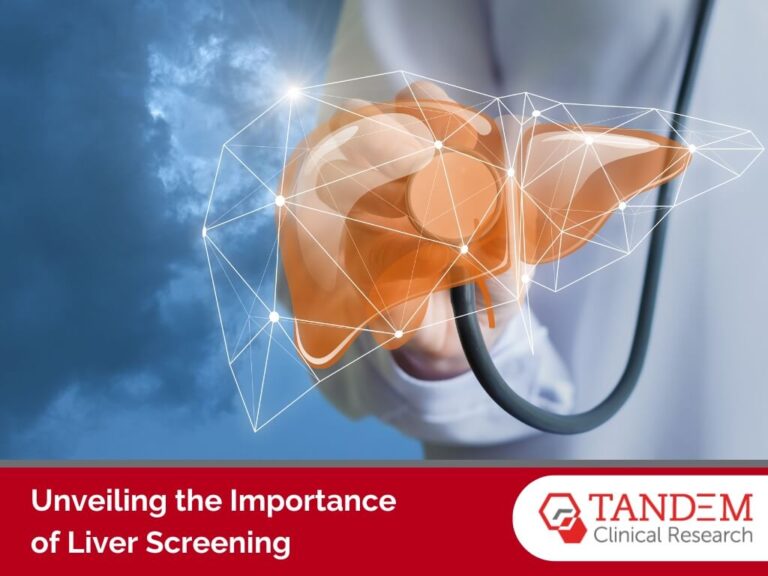
You’ve probably heard about clinical trials for new drugs or treatments for diseases such as cancer or ALS. Currently, more than 420,000 trials are being conducted in all 50 states and 221 countries.
Clinical trials are vital in the fight against diseases that affect millions of people worldwide, from the youngest among us to the oldest. They play a crucial role in the research and discovery of diagnosis and treatment possibilities; without them, medicine would not be where it is today.
However, we don’t blame you for wondering, “Are clinical trials safe?” Anyone might feel hesitant about participating in a preliminary trial that they don’t know much about.
There is a lot to consider if you’re thinking about joining a clinical trial, and the decision is a deeply personal one. Some may participate because of a family member being affected. Others may be personally dealing with the disease or condition they want to learn more about.
Whatever your reason, the decision to participate in a clinical trial shouldn’t be taken lightly. Here’s what you need to know about the benefits, potential drawbacks, and process of joining a trial.
Why Clinical Trials Are Important

Clinical trials are one of the best ways to help patients fight diseases and conditions for which there are currently no cures. These trials are used not only to fight diseases but also to prevent diseases or find new (earlier) methods of detection.
Trials also help doctors and physicians decide if a treatment’s possible side effects are acceptable in light of the potential benefits. While no one knows what the outcome of these trials will be, millions of people have been helped by participants who chose to join a clinical trial that contributed to better treatments.
Clinical trials are designed to answer many questions, including the following:
- Does the treatment in question work?
- How does it work compared to other treatments?
- Are there side effects, and if so, what are they?
Trials may also help identify variables that make treatments work better for some than others. For this reason, it’s important to have a diverse pool of candidates in all clinical trials, drawing from a wide range of ages, backgrounds, ethnicities, and sexes.
In a perfect world, we’d be able to learn everything necessary from the work in our laboratories or with animal research. Unfortunately, that is not the case, and human clinical trials are necessary.
How Clinical Trials Work

What can you expect if you decide to participate in a clinical trial? Do you go to a hospital, a doctor’s office, or even to a university? Will you receive a real treatment, or will it just be a placebo medication? Those are just the tip of the potential concern iceberg – so let’s look into how clinical trials work.
There are many different kinds of clinical trials that you can sign up for, including:
- Intervention studies
- Prevention studies
- Diagnostic and screening studies
- Behavioral research
- Quality of life studies
- Observational studies
When you look into a clinical study, you will find guidelines and eligibility requirements to determine if you meet the necessary criteria. Every study is different and looks for specific qualities or conditions in its participants.
Furthermore, a clinical trial always follows a plan or protocol. You’ll be told the length of the trial prior to it starting. Trials can last for weeks, months, or even years.
Once you sign up, you’ll be told if you’ll be going to a hospital, clinic, or doctor’s office for your treatment. You’ll be given a date, time, and schedule of appointments.
Day-to-day protocols will vary for each trial. Before you participate, you’ll be informed of:
- Potential risks of participating
- Possible side effects and their severity
- The medication dosing schedule
- Frequency of exams or doctor appointments
Clinical Trial Phases
Clinical trials occur in a series of steps or phases. You could end up in any of these phases, depending on what’s needed.
- Phase 1: Researchers start with a small group of participants to learn about the drug, treatment, safety, and side effects.
- Phase 2: The new drug or treatment goes out to a larger pool of people to study its effectiveness and study safety
- Phase 3: A larger group of participants (1,000-3,000) is involved. Researchers study effectiveness and side effects, then compare them to that of other similar treatments. They will also collect more information to promote safe future use of the treatment.
- Phase 4: This phase occurs after the drug is approved by the FDA and widely available to the public. Safety is tracked, and information about benefits and best uses is studied.
The Benefits of Participating in a Clinical Trial

Participating in a clinical trial doesn’t only benefit the immediate people who can be helped or saved by the treatments being tested. The benefits extend far beyond that, contributing to a greater understanding of how our bodies work and respond to revolutionary treatments.
Additionally, you will…
✓ Likely get the new treatment before anyone else.
This could be a game changer for you or someone you love. You’ll get much faster access to treatments or medications that most likely won’t be available for months (or even years).
✓ Receive more frequent health check-ups.
Due to the schedule of your treatments and visits, you’ll see a doctor and receive care more frequently than you normally would. This can be a great benefit if you don’t have great insurance coverage and are looking for more rigorous medical attention.
✓ Get information about support groups and resources.
Joining a clinical study isn’t just about the process but the people. You’ll find a community of individuals and families in similar circumstances, and you’ll likely have access to more support and resources than you would on your own.
✓ Contribute to a group of people in need.
By participating in a clinical trial, you’ll directly help others get better treatments or even a cure for their health issues in the future. Whatever disease or condition you’re facing, there are others dealing with it, too – and this is your opportunity to create a better future for them and future generations.
Participating in a clinical trial can be both personal and selfless. Take cancer research as an example. Today, people are living longer due to research done during clinical trials. These trials have allowed researchers to find treatments and medications for many hard-to-treat cancers and advanced cancers that haven’t responded to other treatments.
The Potential Drawbacks of Clinical Trials
You may still be asking, “Yes, I know all of that, but are clinical trials safe?” While the benefits outweigh the risks in most situations, you need to know that certain drawbacks are involved with participating in a clinical trial.
The idea behind clinical trials is to research medications and treatments that haven’t been administered to the general public. This alone means that side effects can be present that might not be anticipated in advance.
When you are considering the potential risks, think about these things:
- The possible harm you could face from participating in the clinical trial
- The level of harm or potential side effects
- The chance or likelihood that harm will occur
The fact is that most clinical trials will pose the risk of some minor discomfort, although it’s usually only short-term and temporary. In some instances, participants have complications that require medical attention. Rare situations have arisen where the subject has experienced a life-threatening complication stemming from the experimental treatment.
The good news is all potential side effects should be explained from the beginning so participants don’t go into the trial blind and are aware of the risks. You want to make a smart, informed decision before signing up for any clinical trial.
Also, know that clinical trials take lots of your personal time. They include many medical appointments and meetings so the doctors and researchers can gather as much information as possible. Prepare yourself for these potential drawbacks, and make sure to ask plenty of questions before signing up.
How Clinical Trial Participants Are Protected

With the discussion about potential risks, you might be wondering how you’re protected as a clinical trial participant. Protecting people’s safety in clinical trials is a high priority for doctors and researchers. Every trial has scientific oversight, and you have rights that protect you as a participant.
There have been great strides in protecting participants over the years, from new laws to oversight from federal agencies. Researchers want to ensure the safety of those in clinical trials and those who might be helped by the treatments coming out of any clinical trial.
Congress has passed several laws designed to protect clinical trial participants. These laws have regulated rules, submissions, notifications, and oversight of the process. Every trial follows a careful study plan or protocol that will tell you everything involved in the trial and what the researchers will do.
The head researcher or principal investigator is responsible for ensuring the protocol is followed. Every clinical trial in the United States must be approved by an Institutional Review Board (IRB) that is at each study site. This is an independent committee created by the institution that sponsors the trial. The IRB is made up of doctors, community members, and statisticians.
The IRB ensures the clinical trial is safe and ethical and that the participant’s rights are protected. The trials are also monitored by other Federal agencies, including the Data Safety Monitoring Board (DSMB), the Food and Drug Administration (FDA), and the Department of Health and Human Services (HHS), depending on the research.
Informed Consent for Clinical Trials
Informed consent is also a process that helps protect participants. Not only does it mean getting your signature on the consent documents, but it also means:
- Receiving access to any relevant information before your decision.
- Ensuring you understand the information you’re given.
- Giving you enough time to make an informed decision and discuss participation with family or friends.
- Continually providing you with relevant information as the trial progresses.
The Financial Side of Clinical Trials
Finances might not be something you’ll think about when deciding whether or not to participate in a clinical trial. In most instances, the sponsor of the study provided the treatment at no cost or pays for any special tests or extra doctor visits.
The Affordable Care Act (ACA) requires that insurance says that health plans or insurers cannot:
- Prevent people from participating in a clinical trial.
- Limit or deny coverage of routine costs for people who participate in approved clinical trials.
- Increase costs due to a patient joining an approved clinical trial.
In addition, insurers are not allowed to drop or limit insurance coverage for patients who take part in a clinical trial. There are some things that insurers do not usually pay for.
- The treatment, device, or service that’s being studied in the trial. This is normally paid for by the trial’s sponsor.
- Services and items are only needed for data collection and analysis and are not directly involved in patient care.
- Any other services that are clearly not in line with standards of care.
Some clinical trials even pay the participants for their time or travel expenses. The trial’s sponsors do not always advertise reimbursements, so you must ask for more information before proceeding.
Don’t assume that all clinical trials are paid. The FDA rules limit what trial sponsors can include in their advertising, and while they can advertise if their trial is paid, it can’t be emphasized.
How to Decide If a Clinical Trial Is Right for You

You’re thinking about participating in a clinical trial. Are clinical trials safe? Do I have the time to commit? What about the potential burden to my family?
There are many personal and professional considerations to consider before making such an important decision. Here are some things to ask yourself and discuss with your family and friends:
- Why do I want to participate in a clinical trial? Do you have a personal connection to the study and potentially life-saving treatments being researched?
- What are my goals, and what can I expect if I participate?
- What do I want to get out of this trial?
- Have I consulted with my doctor before signing up?
- What does my doctor think about my participation in this clinical trial?
- Do I have all the information I need to make an informed decision? If not, contact the sponsors and ask more questions. Be informed.
- What are the benefits versus the risks? Ask lots of questions. Take this information to your doctor for a discussion.
- How about other factors? Have I thought about time, travel, or even money?
- What are my other options?
Interested in Participating? Contact Trandem Clinical Research Today.
Tandem Clinical Research is a dedicated Phase I-IV clinical trials network. We specialize in the performance of clinical trials for pharmaceutical, biotech, and medical device companies. All our medical services are provided free of charge by board-certified physicians.
Are clinical trials safe? Yes, but like everything else in life, there can always be risks. Your health and safety are our primary interests, and we’ll help you fully understand your potential benefits and drawbacks.
With over a decade of experience, our goal is to advance the science of medicine and improve the quality of life of our patients. Our network includes clinics in the greater New Orleans area, New York City, and Orlando, FL.
Contact us with any questions or to inquire about participating in any of our life-saving clinical trials. You can also see if you qualify for a study near you.






